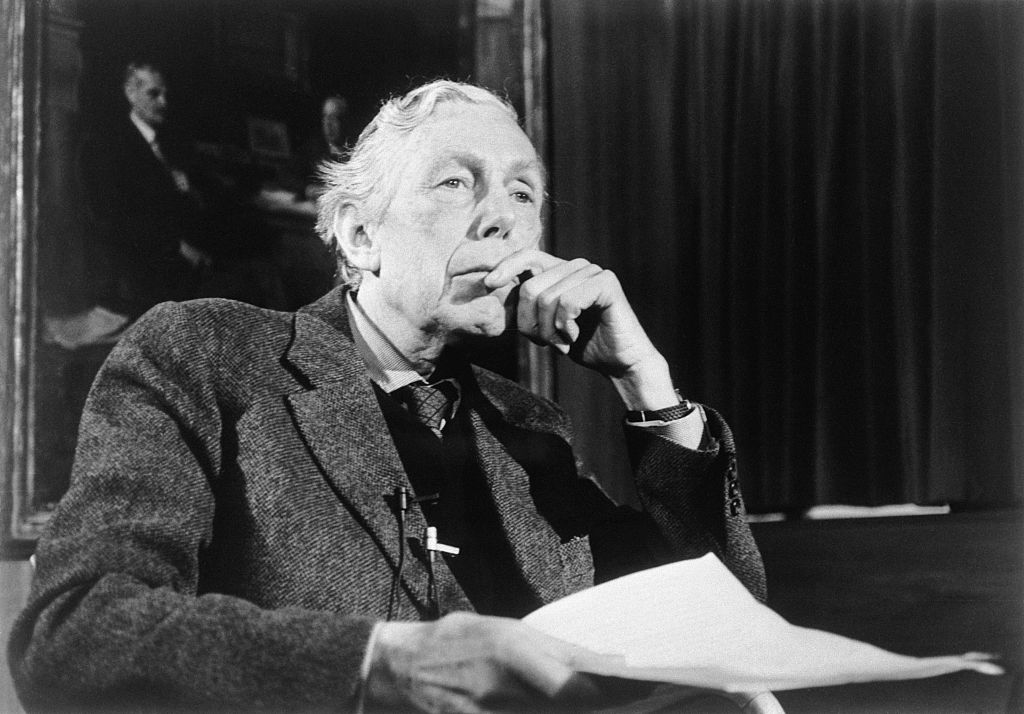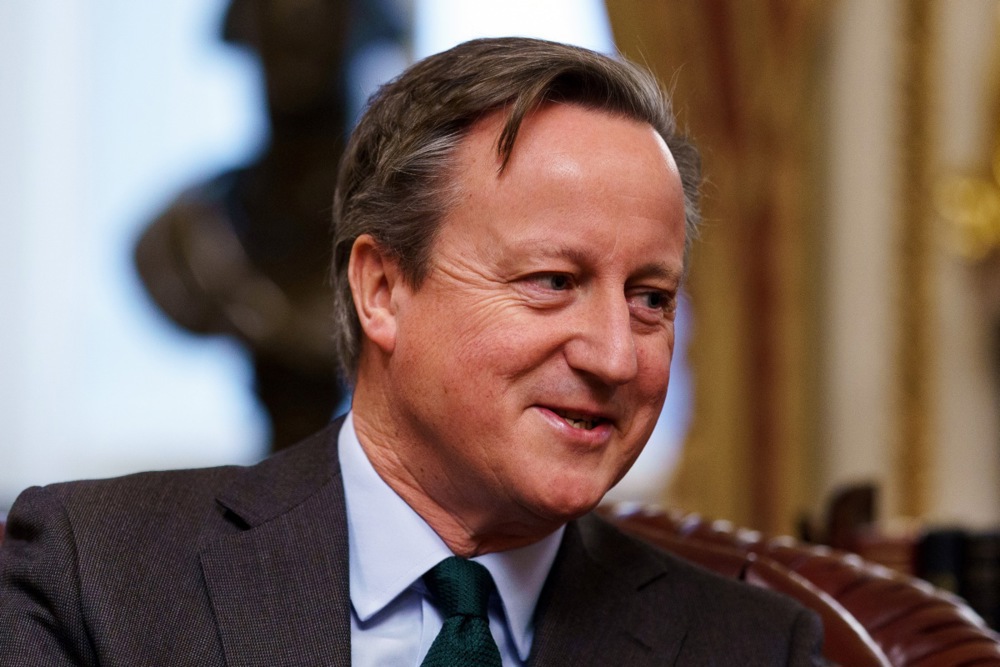An unexpectedly large victory for Spanish Prime Minister Pedro Sanchez’s Socialist Party in Sunday’s Catalonian elections is assumed to be good news for the beleaguered leader. Sanchez may soon find, however, that this development becomes political poison.
That is because the results leave him little room to manoeuvre. The Socialists may have come out on top, but they will still have to put together a coalition government. The options facing Sanchez and his party’s Catalonian leader, Salvador Illa, are all risky and undesirable.
The best option is to govern in coalition with two other leftist parties, the pro-independence Republican Left of Catalonia (ERC) and Comuns, the Catalonia arm of the left-wing and far-left-wing alliance called Sumar.
This tripartite alliance is ideologically harmonious and brings together parties that undergird Sanchez’s government in Madrid. The Socialists and Comuns are eagerly pursuing this possibility.
The problem comes from the political circumstances facing the ERC. It lost roughly a third of its vote, mostly defecting to the Socialists. As a result, its leader, Pere Aragones, is resigning his seat in the Catalonian parliament and says the ERC is going into the opposition.
It is hard to see what Sanchez can do to change the ERC’s mind, as the ERC joining the Socialists would deprive the separatists of the chance to woo back their former voters from across the aisle.
The Socialists could also seek to govern with the support of two other nationalist parties, the centre-right Popular Party (PP) and the far-right Vox.
That theoretical possibility, however, crashes against national politics. Sanchez won his surprising victory last year by campaigning against Vox’s participation in government. He cannot say they are too extreme to govern Spain and then rely on them to govern Catalonia.
PP is also Sanchez’s primary foe. It wants to see Sanchez fall and will not want to prop him up in Barcelona. Its Catalonian leader has already implied it will not support Illa’s investiture.
The third option is to join the second-place party, the pro-independence, centre-right Junts.
This coalition would be fraught with tension from the start. Junts’ leader, Carlos Puidgemont, is in exile in Belgium because of his role in staging Catalonia’s illegal referendum on independence. He wants to run the Catalonian government himself and insists he will stand for investiture as Catalonia’s premier when the new parliament convenes.
Sanchez and Illa will likely not want to cede the top spot to the person whose party they defeated.
There is also the price Puidgemont might extract from them to stand aside.
Sanchez is already in political trouble because of his controversial bill granting amnesty to Puidgemont and other independence leaders in exile. He pushed this through as the price of getting the support of Junts, ERC, and a smaller pro-independence party, CUP, for his government.
Making another deal with Puidgemont could make him untenably weak.
The final option is to try to form a minority government in Barcelona, but the Socialists are probably too weak to make this work. They won only 42 seats in the 135-seat chamber and would still need to obtain the assent of the other parties to form such an arrangement.
It is hard to see why other parties would agree to this except to hold Illa hostage for the passage of legislation and the budget. This endless bargaining would surely topple such a government quickly and cause even more headaches for Sanchez.
They pose grave risks for Sanchez’s government because of his reliance on both the ERC and Junts’ MPs. He cannot pass a budget without both parties’ support.
That would not automatically topple his government but could force him to call a snap election.
A similar move by the Catalan parties in 2019 forced him to call a snap vote. Polls currently show Sanchez would lose such a contest to PP and Vox.
Sanchez could reason that he can turn the polls around, as he did in his daring snap election campaign last year. There is likely, however, to be only so many times that he can successfully roll the political dice and come out a winner.
These difficulties all stem from the incompatibility of the demands of Catalonian and Spanish public opinion concerning Catalan independence.
Spanish voters are opposed to national partition while a large share of Catalans support it.
The Spanish left cannot win a large enough majority outside of Catalonia to govern without support from separatists. That puts them in a never-ending dance with their political devils, a dance that will ultimately lead to one partner pulling away.
Sanchez has adroitly manoeuvred across this floor for years. The pressure of having to govern both Spain and Catalonia, however, may finally force him to leave the stage.





Why private equity danger is strangely reminiscent of 2008